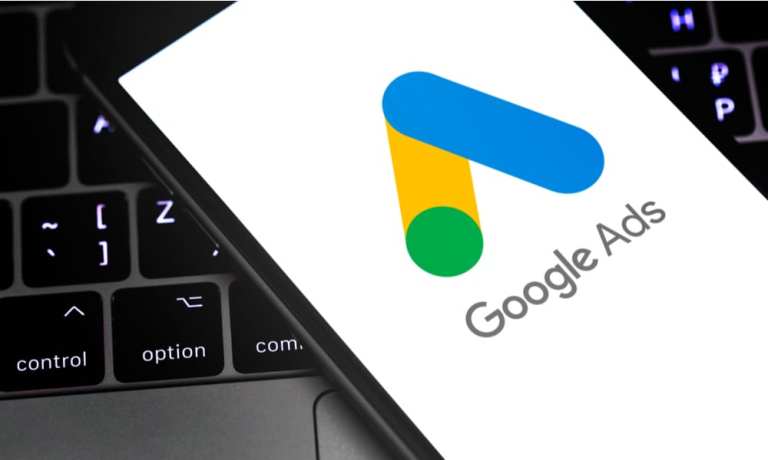Google Offers Free Ads To Lure Merchants From Amazon

In a bid to lure advertisers from other eCommerce companies, Google said it will no longer charge merchants to place ads on its Shopping search page, Reuters reported.
The California-based technology company is betting the trade-off in loss of ad revenues will be offset by a surge of new customers.
“If you work with the ecosystem, there will be monetization opportunities that come on top of that,” Bill Ready, Google’s commerce president, told the news service on Tuesday (April 21).
Ready said the concept has been in the planning stages for a while, but was given a higher priority as some retailers experience a sales slump due to COVID-19. The company hopes the free ads will win customers away from Amazon.
The plan is slated to launch next week in the U.S. and globally by year’s end.
Under the terms of the plan, the report said, Google gets a piece of the purchase price if customers click “Buy on Google” on some products within Google Shopping. The feature allows shoppers to purchase products with a credit card on file with Google.
Google declined to comment to PYMNTS beyond Tuesday’s announcement.
Reuters said sellers will benefit because it will be a faster way for shoppers to make purchases. Still, not every retailer was convinced it’s the best way to go. Worldwide Cyclery CEO Jeff Cayley said he pays Google 11 percent of sales for search ads that bring potential bicycle buyers to his website, compared with 15 percent when they purchase through Buy on Google.
“It seems like a way (for Google) to dabble in marketplaces, but it’s an uphill battle and a confusing experience for consumers,” Cayley said.
Google said 4,000 merchants signed up for Buy on Google by the end of the 2019, well behind its targets, the report added.
In March, Google put its promotions and marketing initiatives on hold in light of the coronavirus.
Ben Frederick, the CEO of a company that specializes in products to relieve minor pain, told Reuters he listed his foot health products through Buy on Google in mid-March when Amazon’s delivery times increased as they focused on shipping essential products. As a result, he said just three Google orders had trickled in by last week.
In February, Google’s parent company, Alphabet, reported its fourth quarter of 2019 had $46 billion in revenues, up 17 percent from $39.27 billion in Q4 2018.